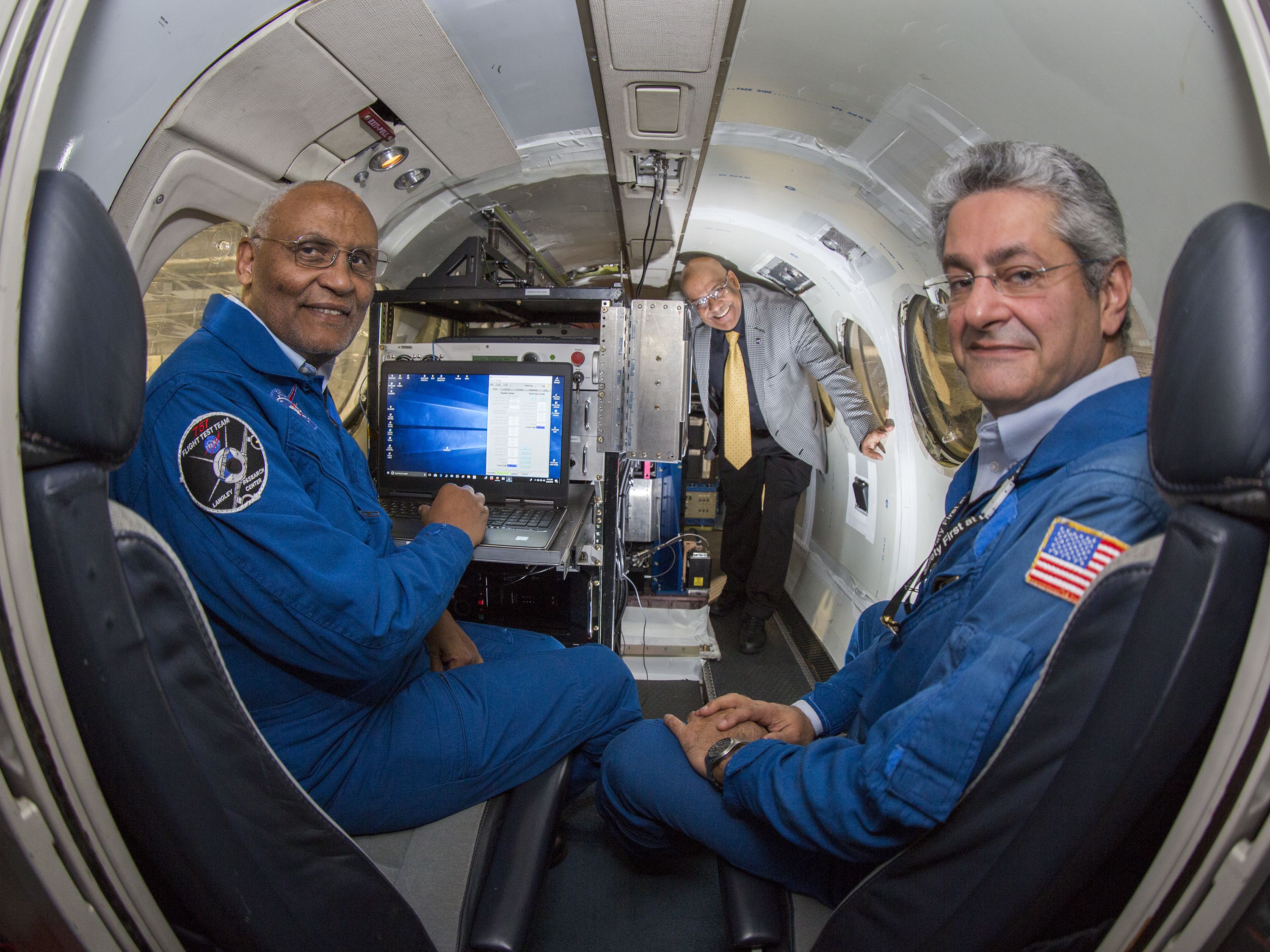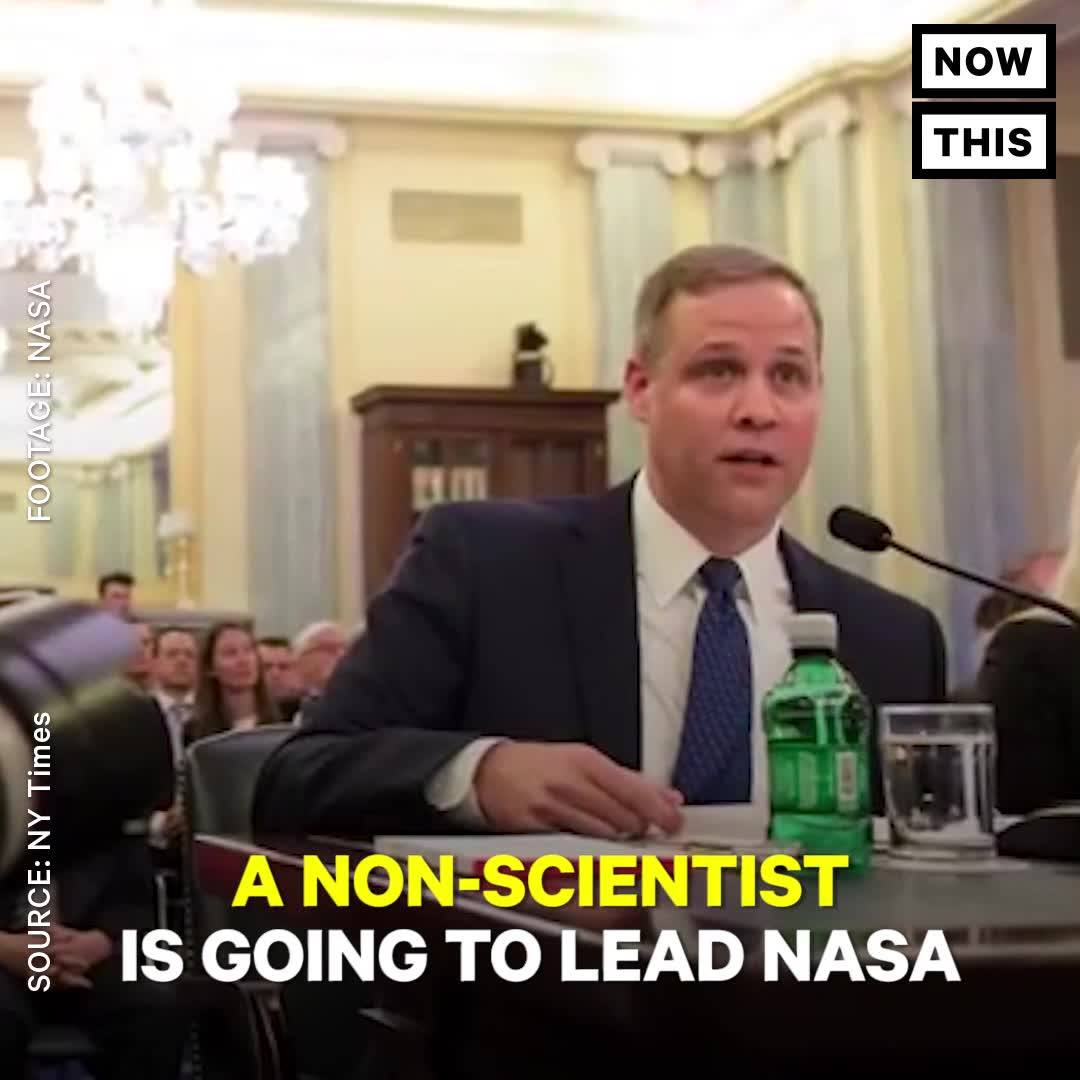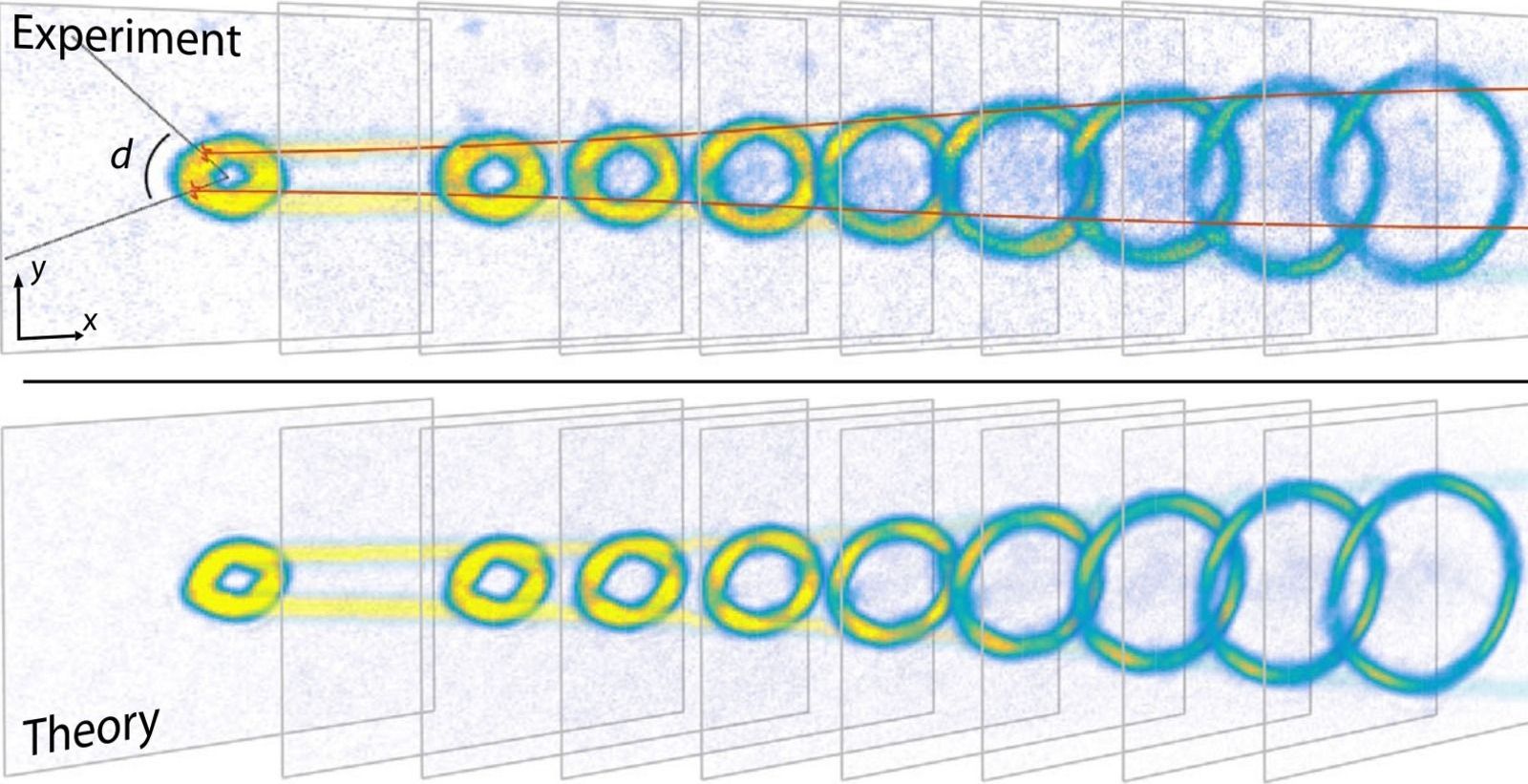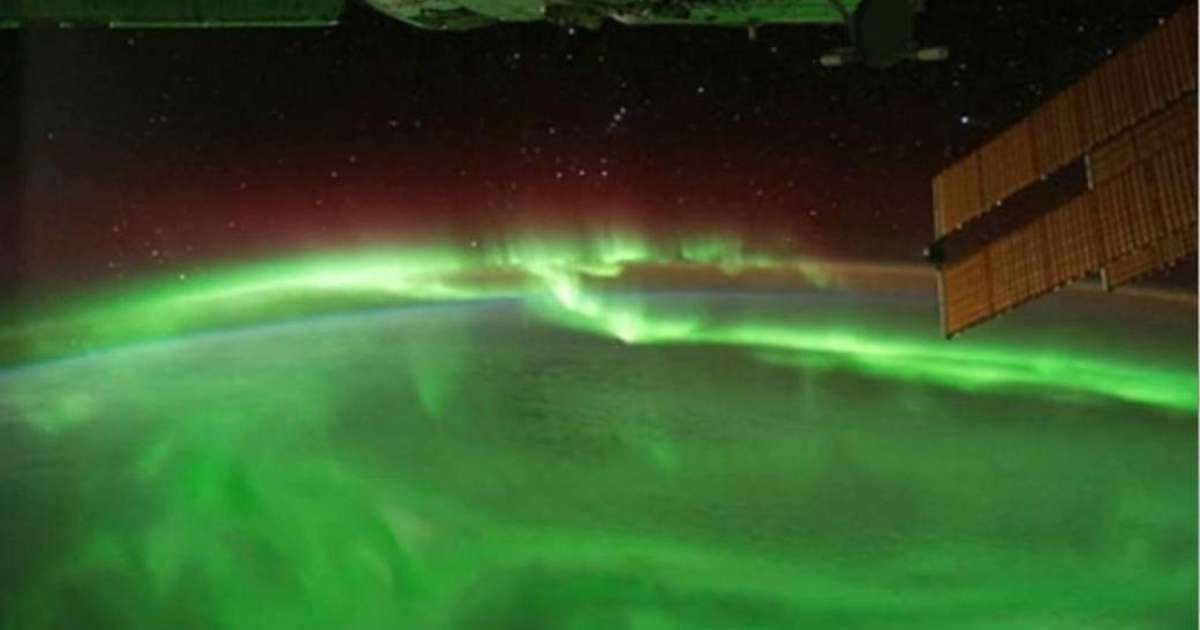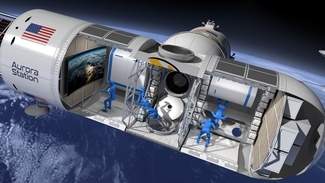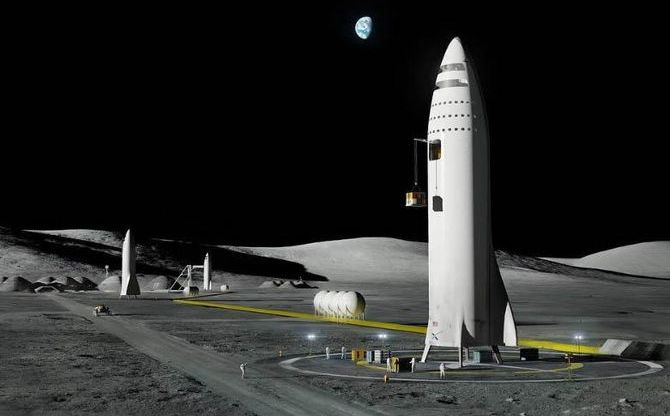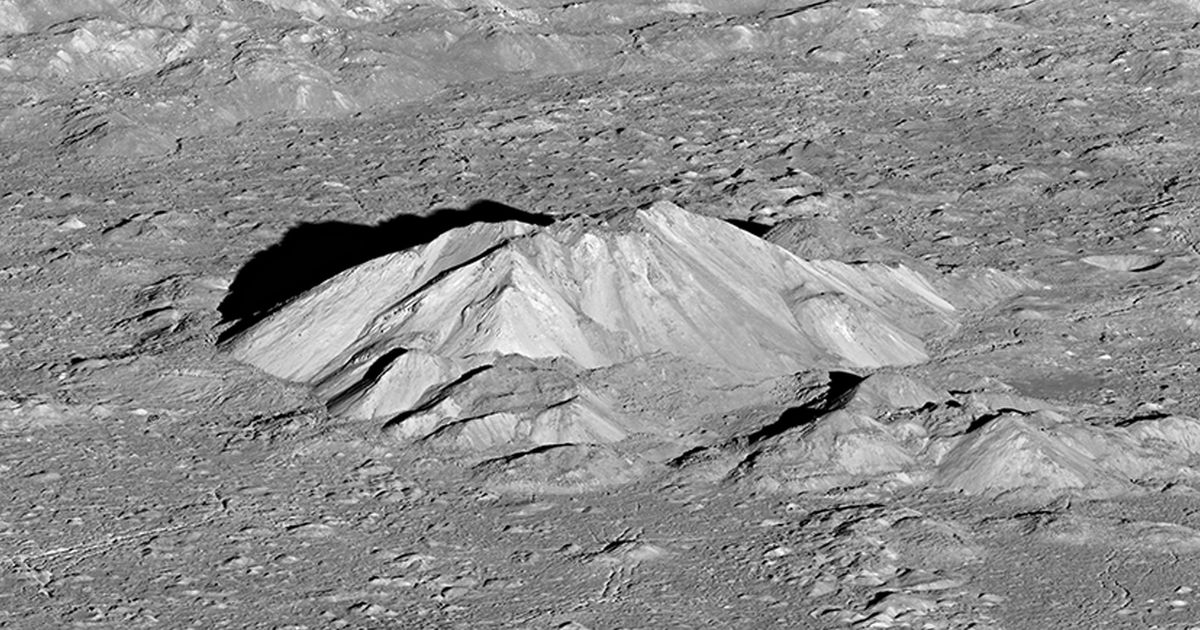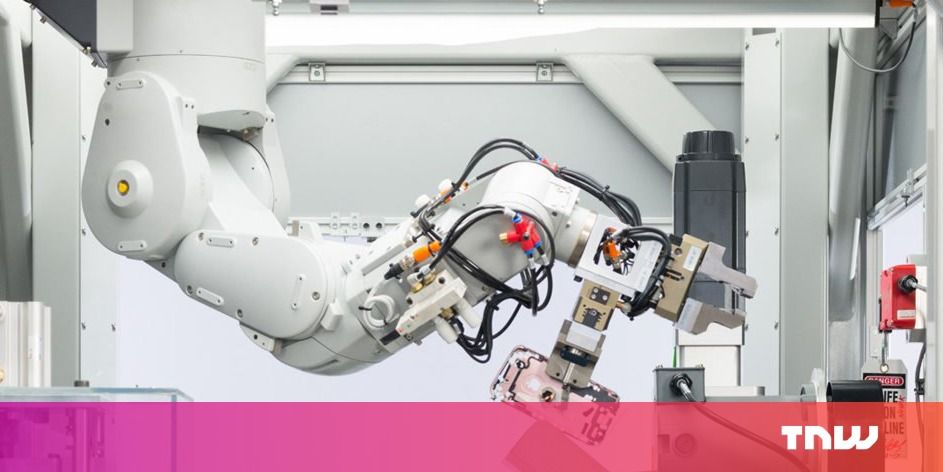Apr 20, 2018
27-Million-Year-Old Fossil Found In New Zealand Helps Identify World’s Oldest Known Baleen Whale
Posted by Genevieve Klien in category: evolution
Ignored for 30 years after its discovery, this archaic baleen whale finally gets a place in the spotlight.
A whale fossil unearthed three decades ago in New Zealand’s South Canterbury district has led to an unexpected find that rewrites the history of whale evolution, National Geographic reports.
The fossil dates back 27 million years ago and was identified as a previously unknown genus of baleen whale.

